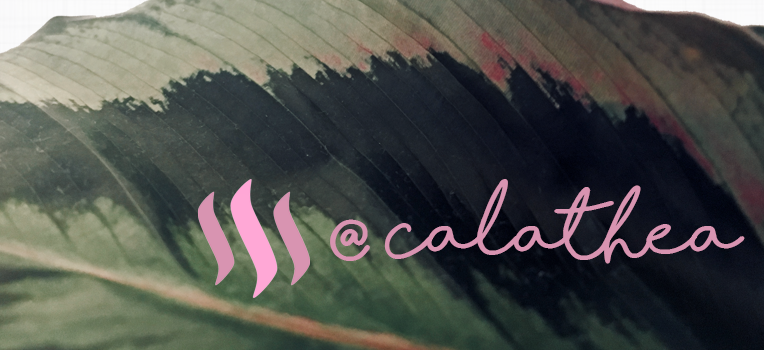
Tasmania Day 4 - Part 2 - Tasmanian Devil Unzoo
As you may have read on part one of our day 4, we spent the rest of the afternoon at the Unzoo, looking at various native animals.
The Unzoo began as the Tasmanian Devil Park that opened in 1979. A breeding program for Tasmanian Devils followed the next year. The major redevelopment of the park to turn it into the Unzoo began in 2007 and it was renamed to the Tasmanian Devil Unzoo in 2014.
The Feeding
We arrived just in time to view the Tasmanian Devil feeding. The staff member talked us through a bit of the life cycle of a Tasmanian Devil, and reinforced that if we kept our wits about us, we were unlikely to be injured by a Tasmanian Devil, on account of them being so slow and having such tiny brains.
We watched as he put a chunk of meat on an elastic cord, and let the Tasmanian Devil have at it. Bones, fur, organs - all would be eaten by the Devil.
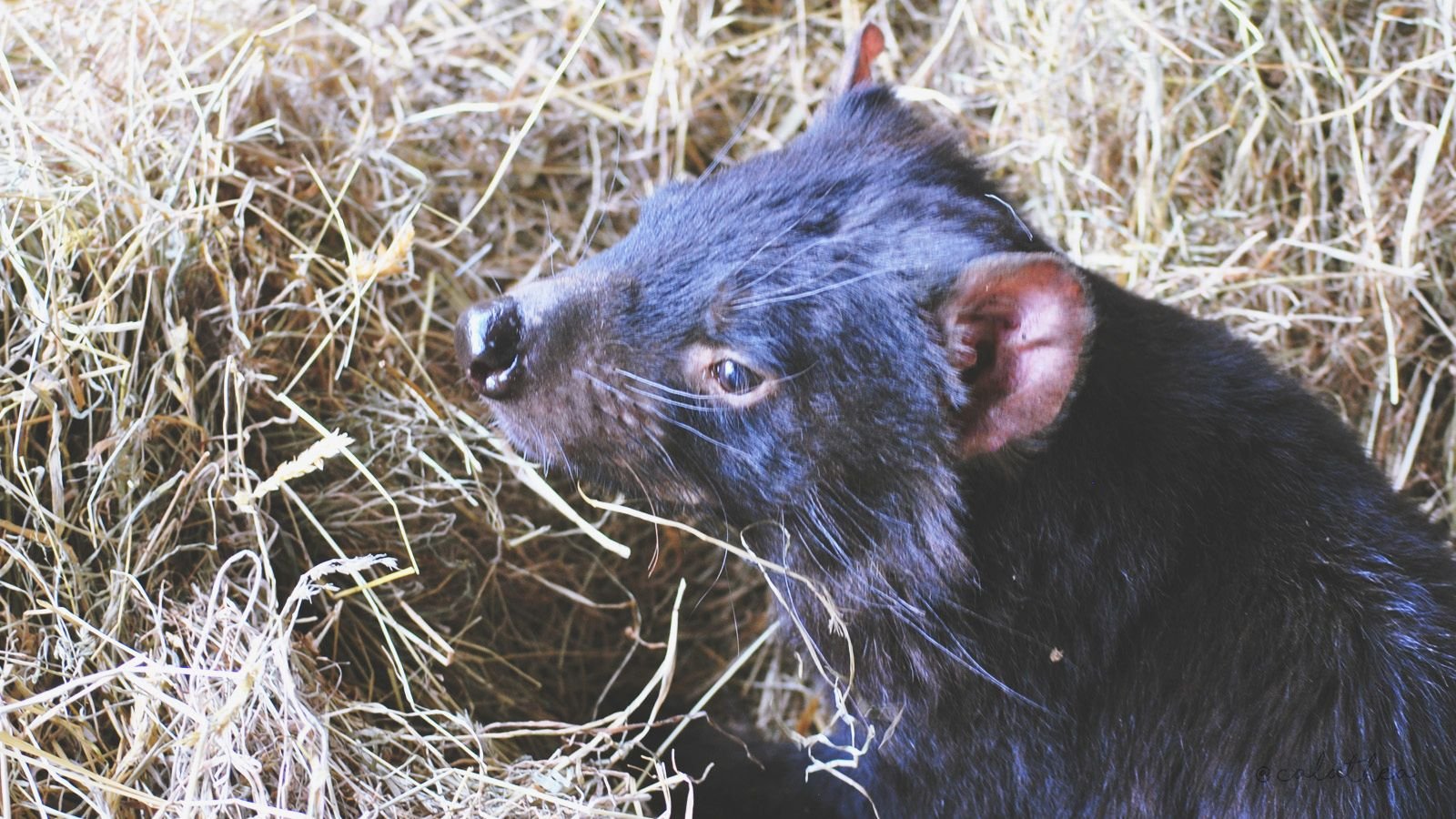
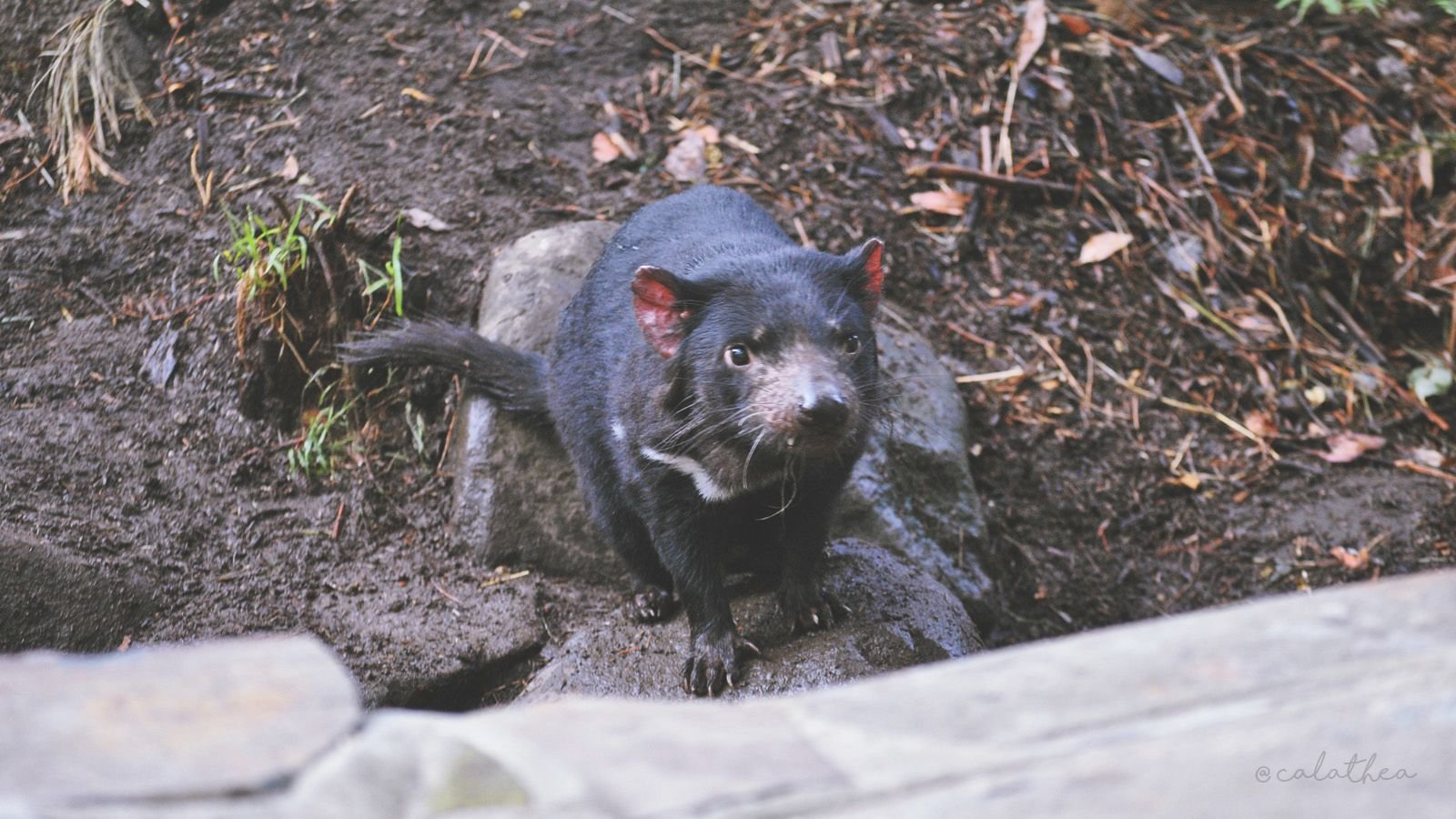
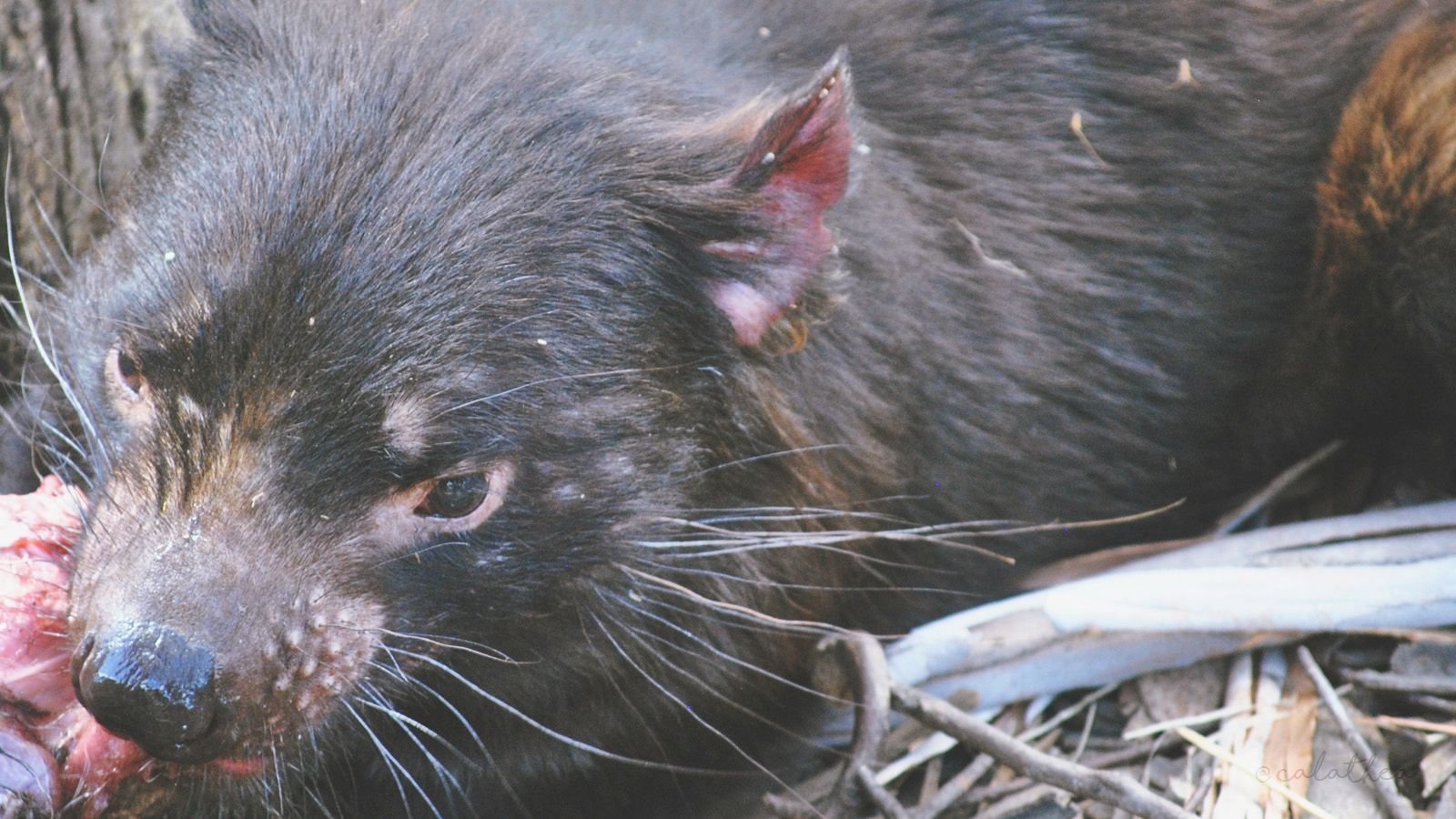
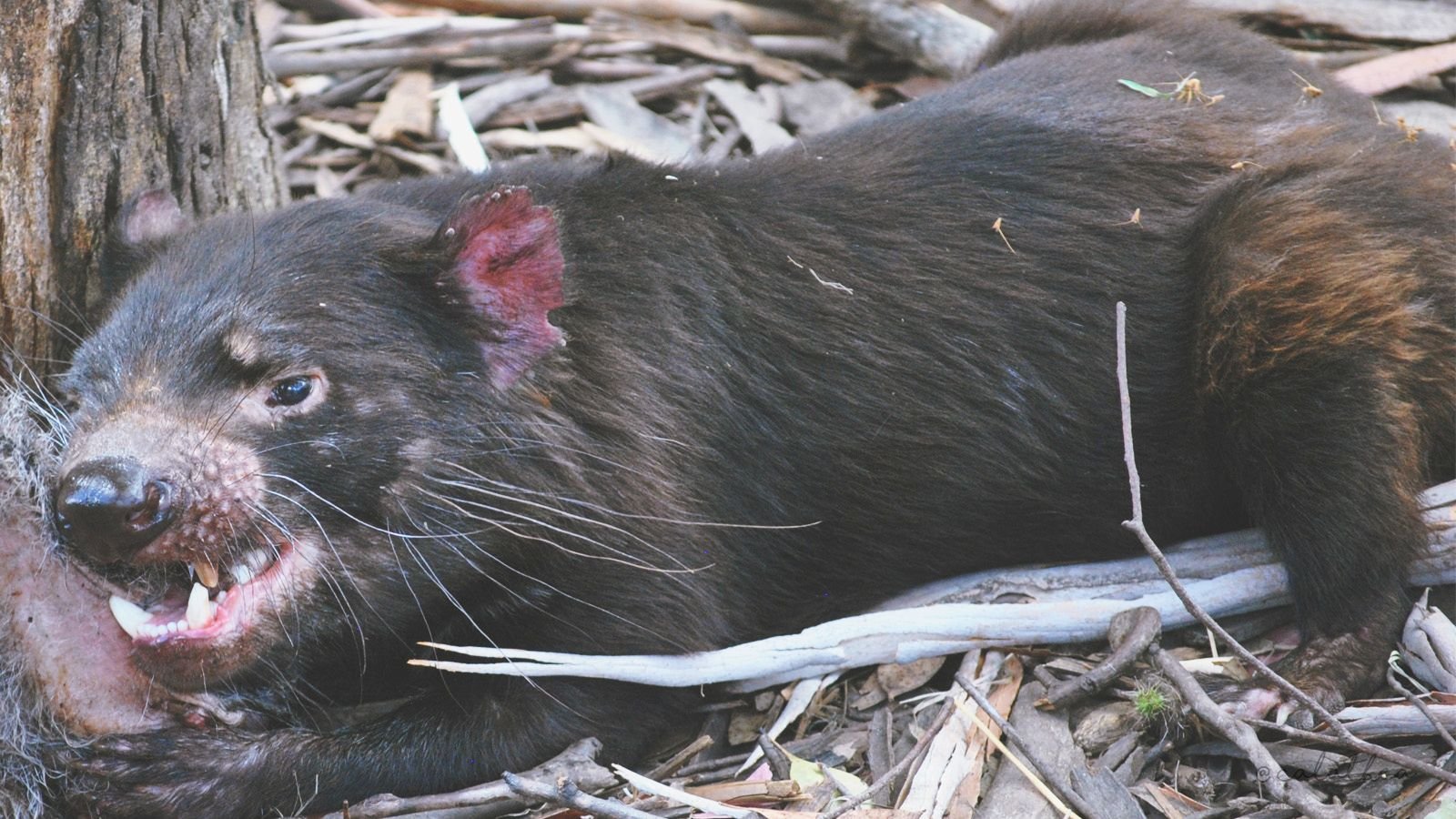
Bird Show
After the Tasmanian Devil feeding, there was a free flight bird show featuring a Galah, a Little Corella, and a Tawny Frogmouth. I've always been a big fan of those free flight bird shows; my favourite thing to see at Sydney's Taronga Zoo is their free flight bird show.
Galah
The galah is a native Australian cockatoo that was introduced to Tasmania. They are a common sight, especially in country areas of NSW.
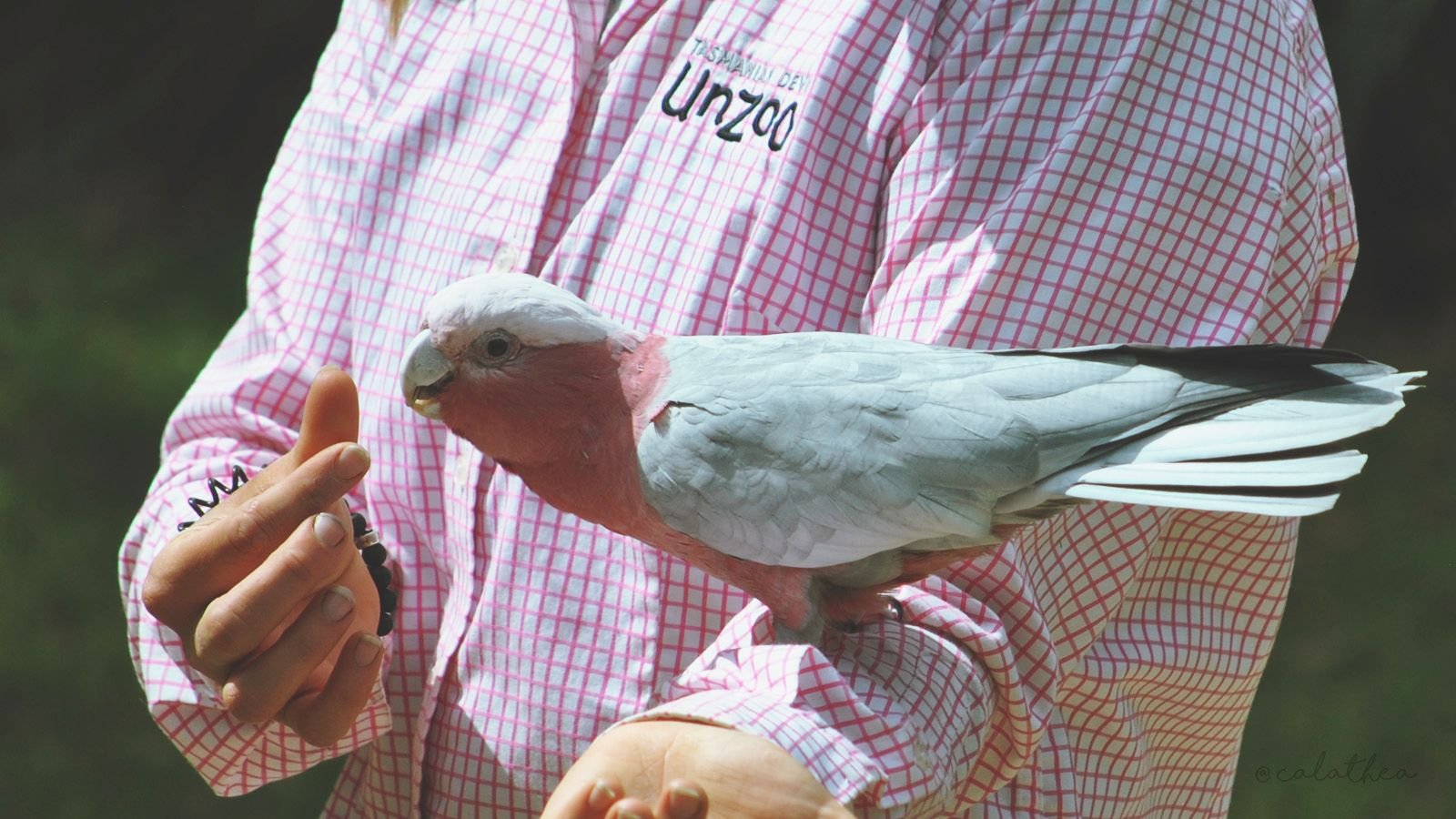
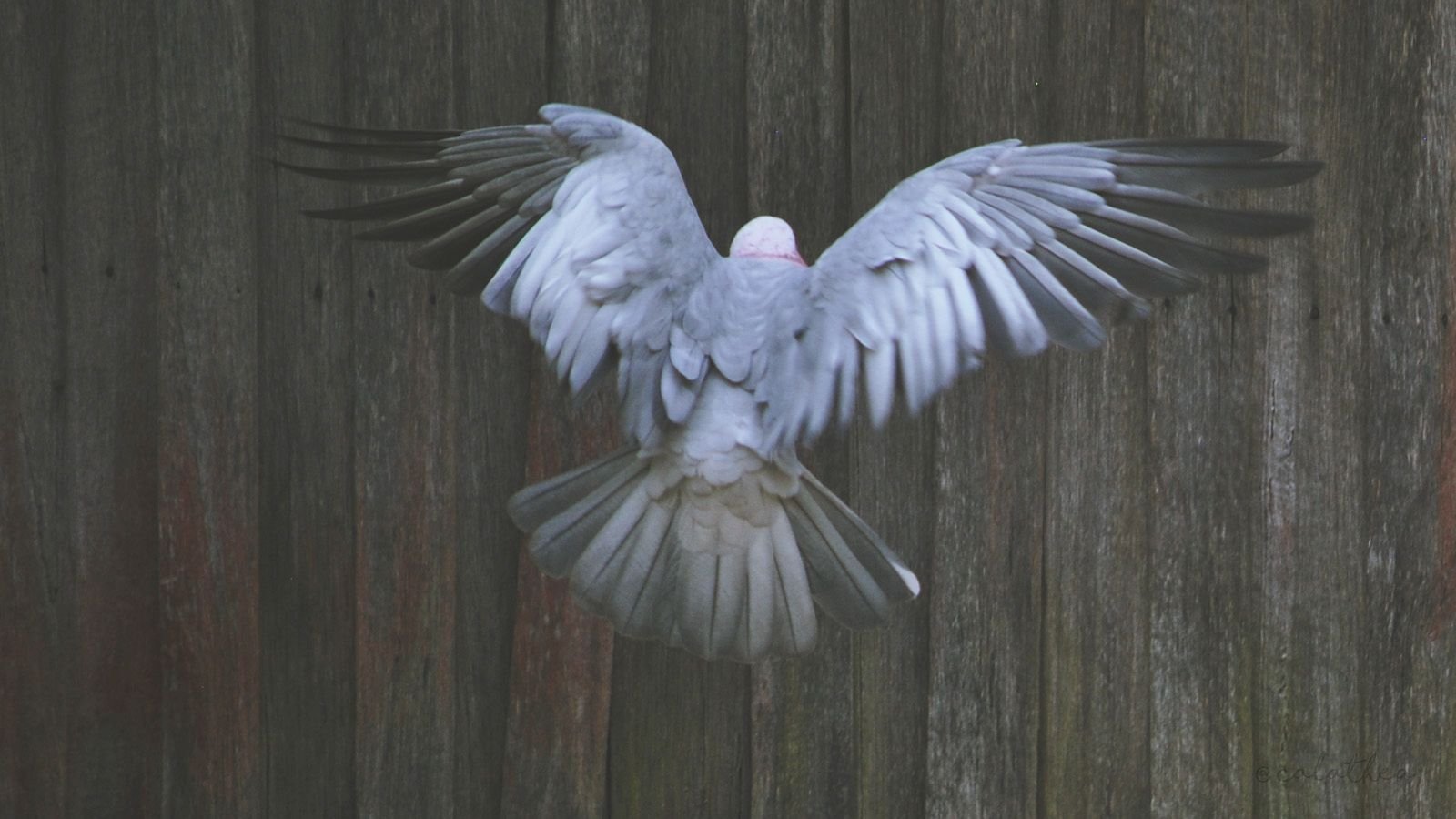
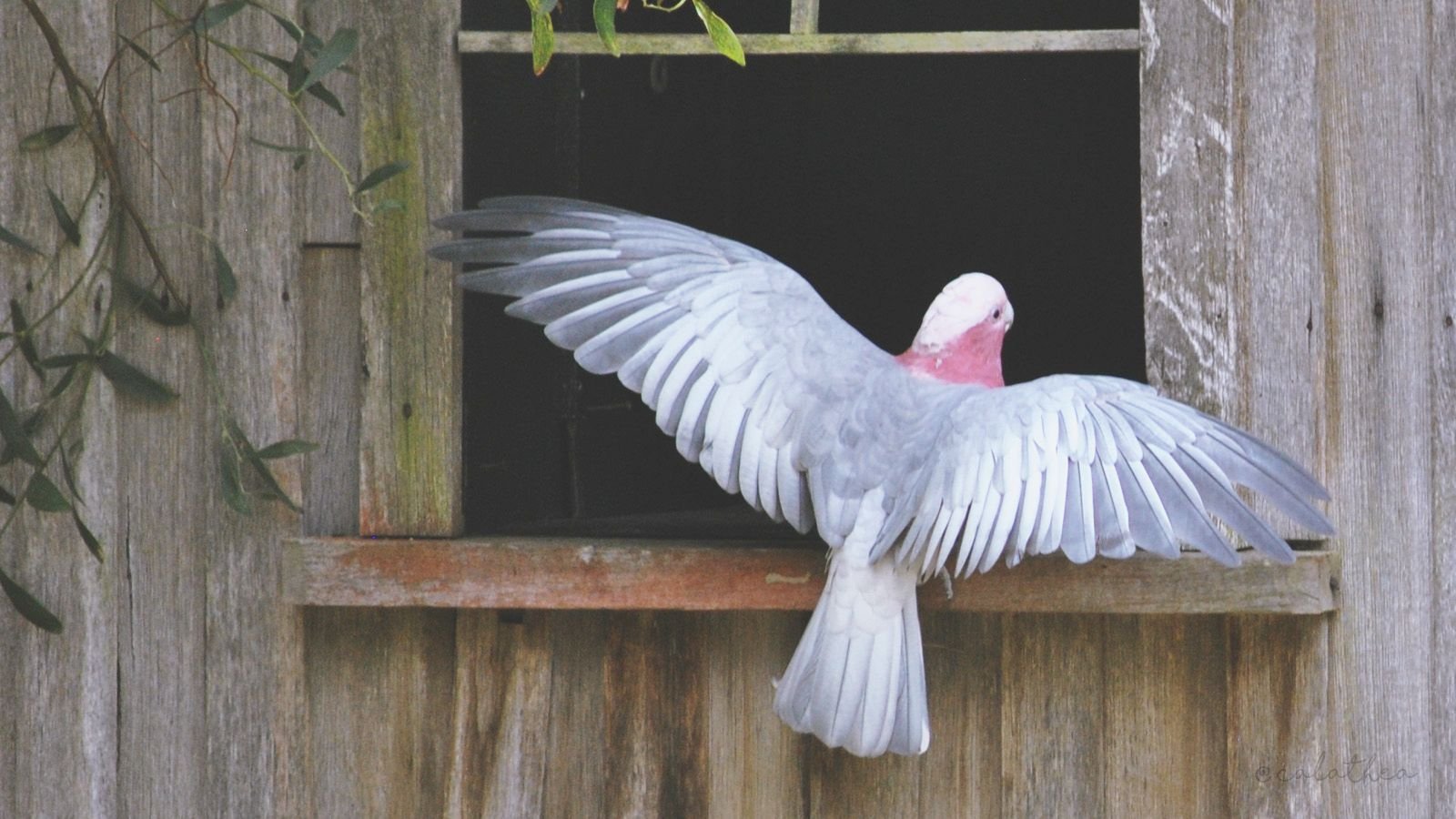
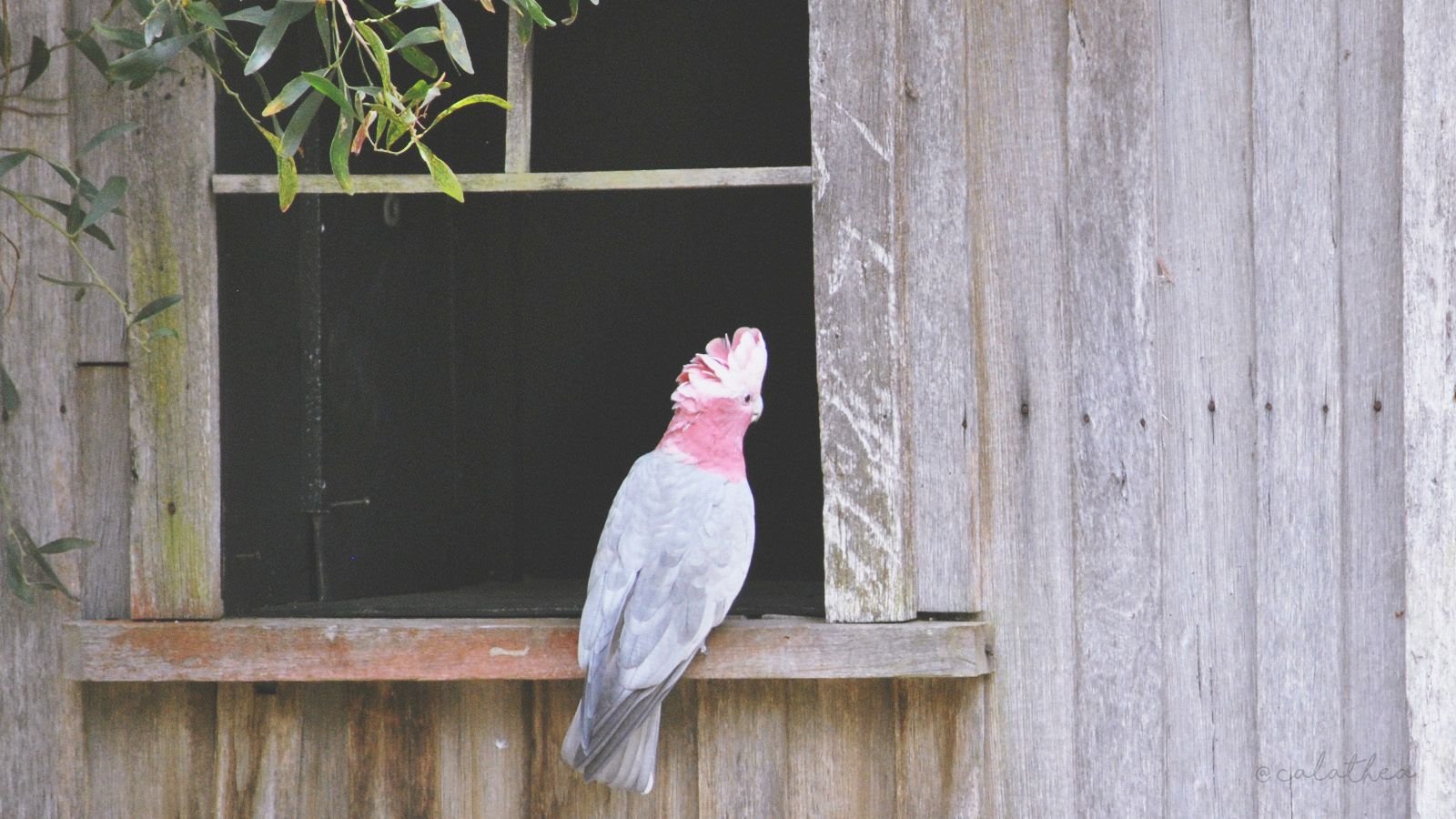
Little Corella
The Little Corella is another type of native cockatoo.
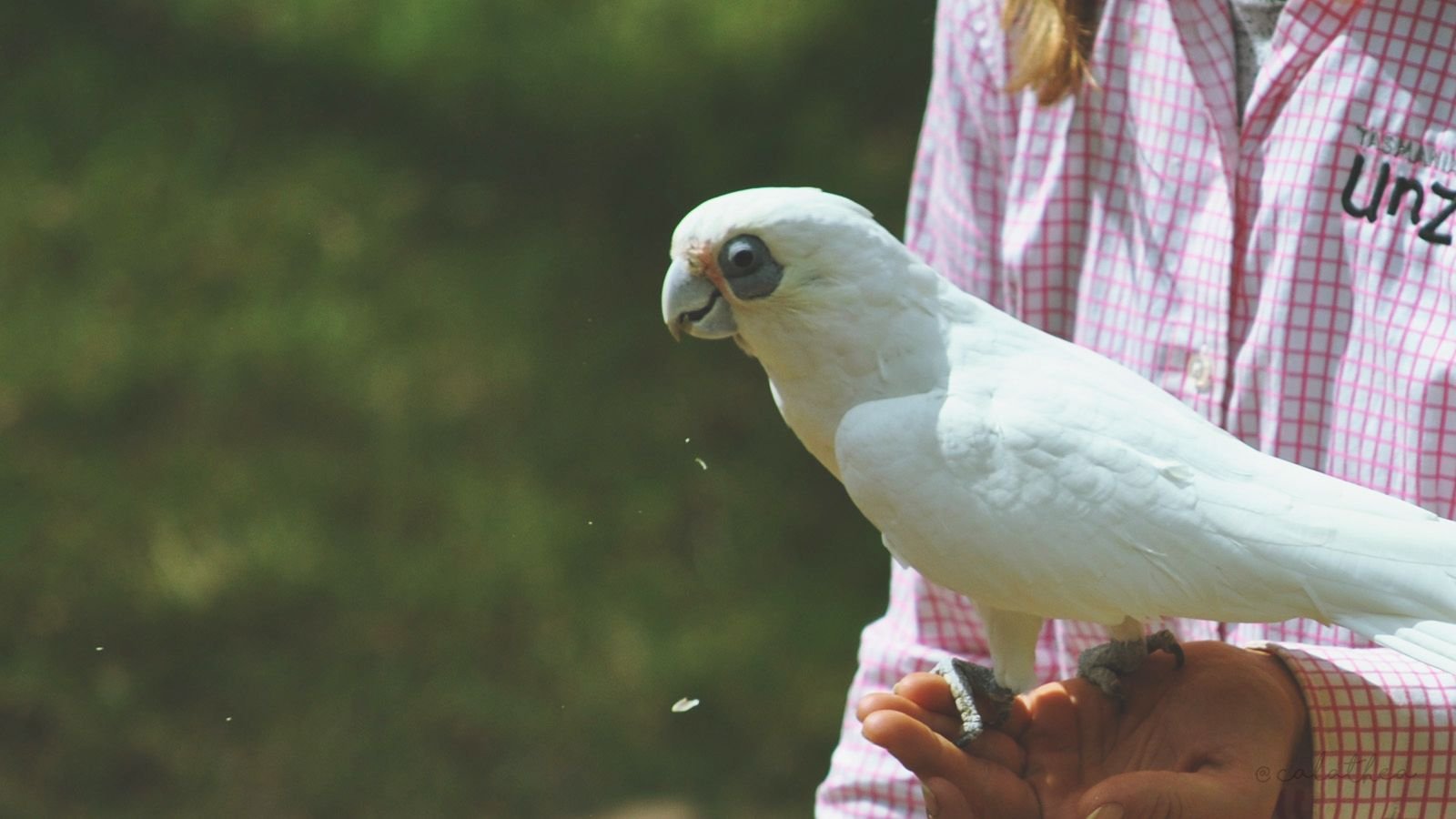
Tawny Frogmouth
The Tawny Frogmouth is also native to Australia, and is often mistaken for an owl. The lady giving the show explained that while this bird is nocturnal, it differs from owls in that its eyes are on the sides of its head, instead of the front. It also doesn't have the same size talons as owls would have; its talons are much smaller. It is also very good at camouflage!
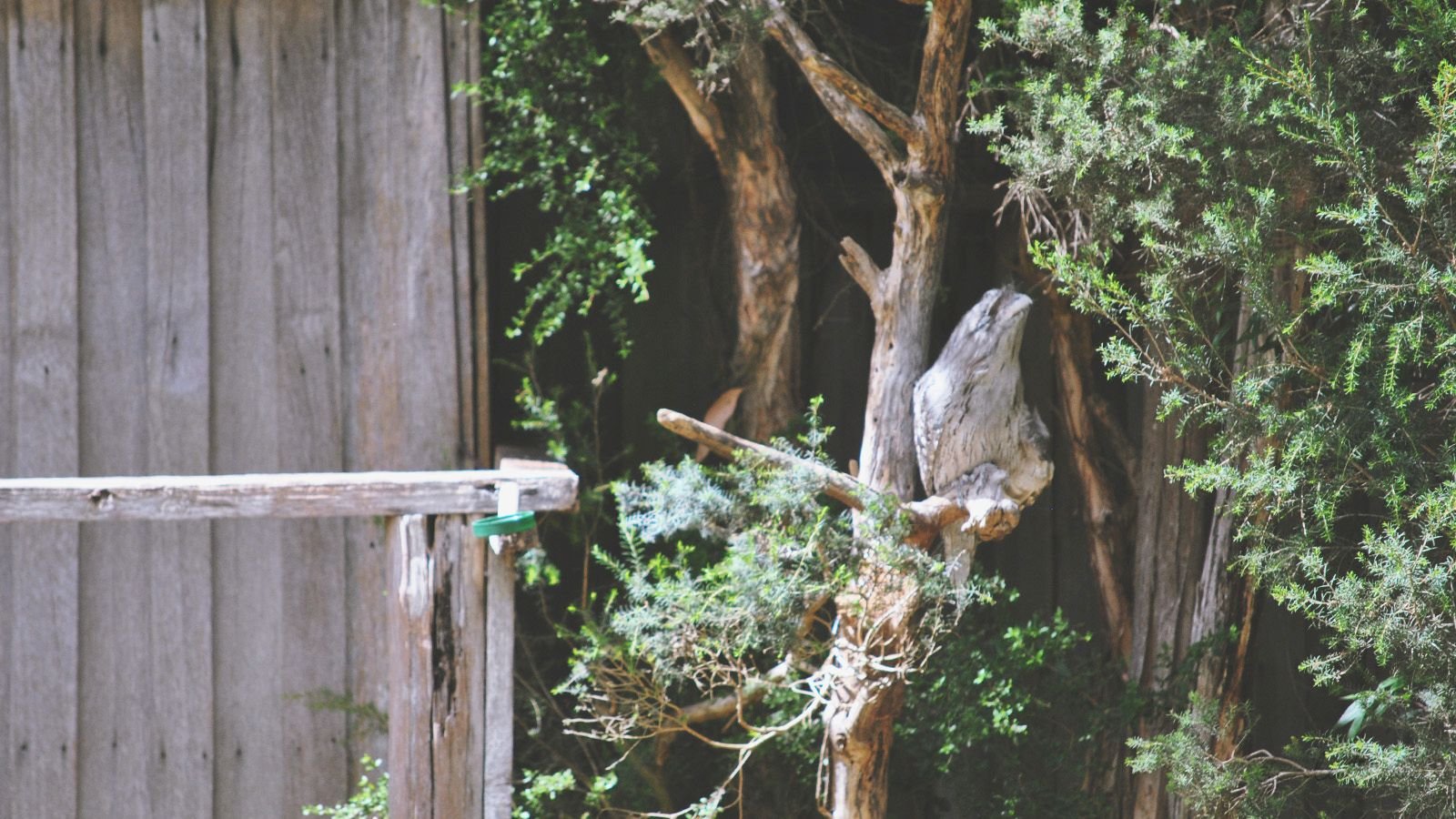
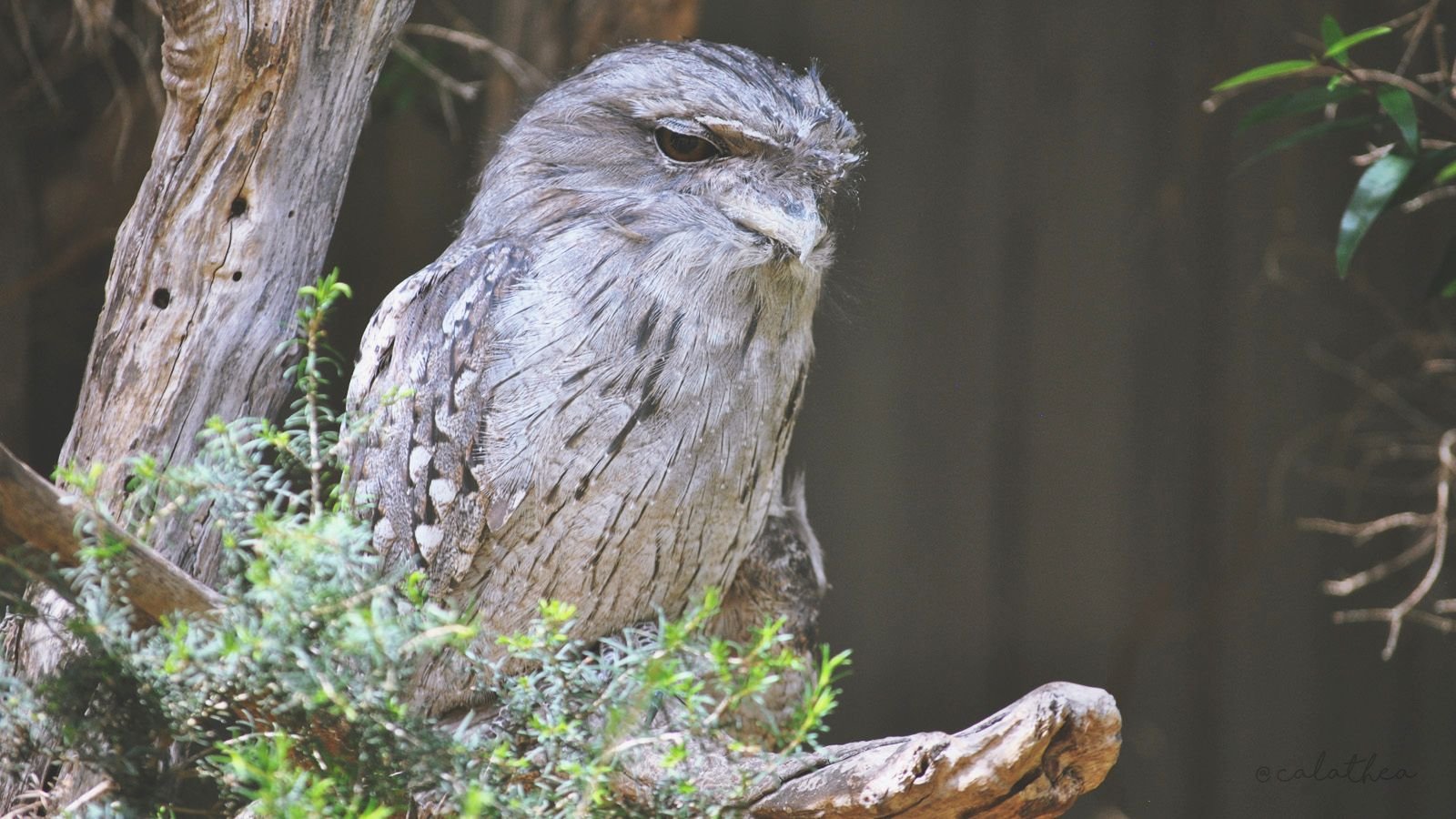
Marsupials
The Kangaroos and Pademelons had an open area where they roamed around. The kangaroos were very tame and even let people pet them. They were described as Forrester Kangaroos, but Sydney-siders might better know them as the Eastern Grey Kangaroo. They are the largest marsupial in this state (Tasmania), and the second largest marsupial in the world - the largest being the Red Kangaroo. Marsupials are animals that give birth to mostly undeveloped young, and then carry them in a pouch. Koalas, kangaroos, wombats, and Tasmanian Devils are all examples of marsupials.
Eastern Grey/Forrester Kangaroo
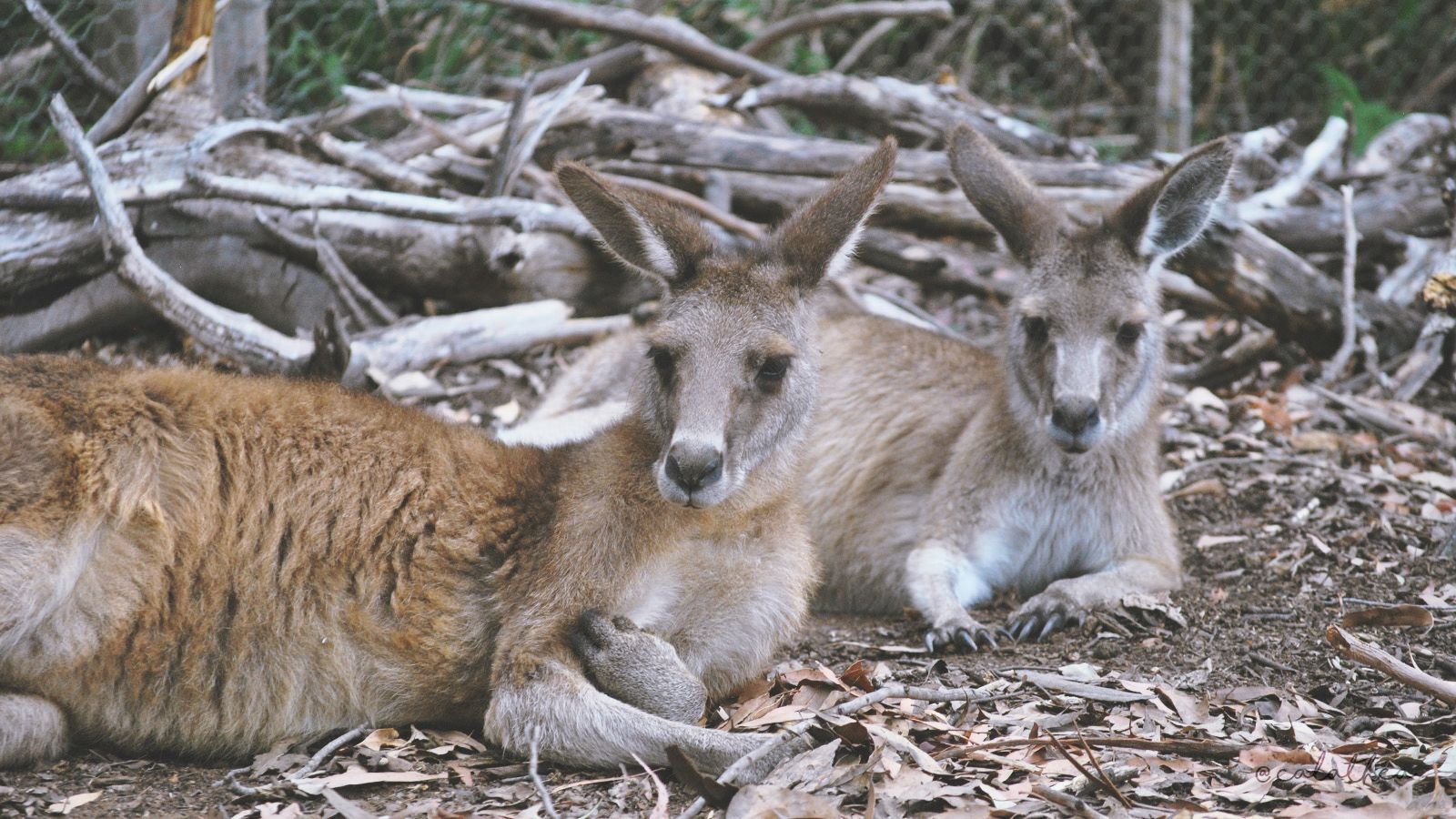
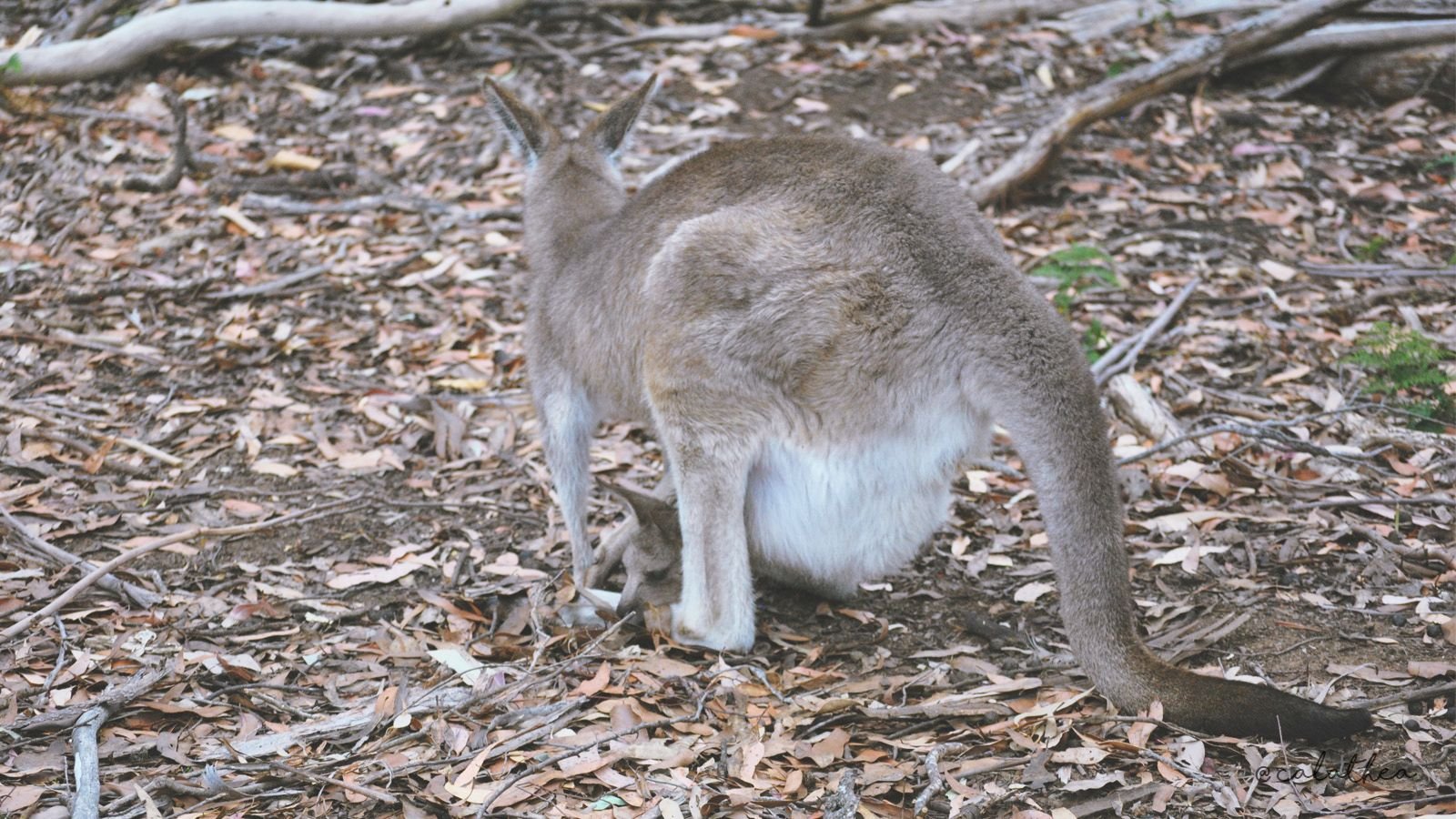
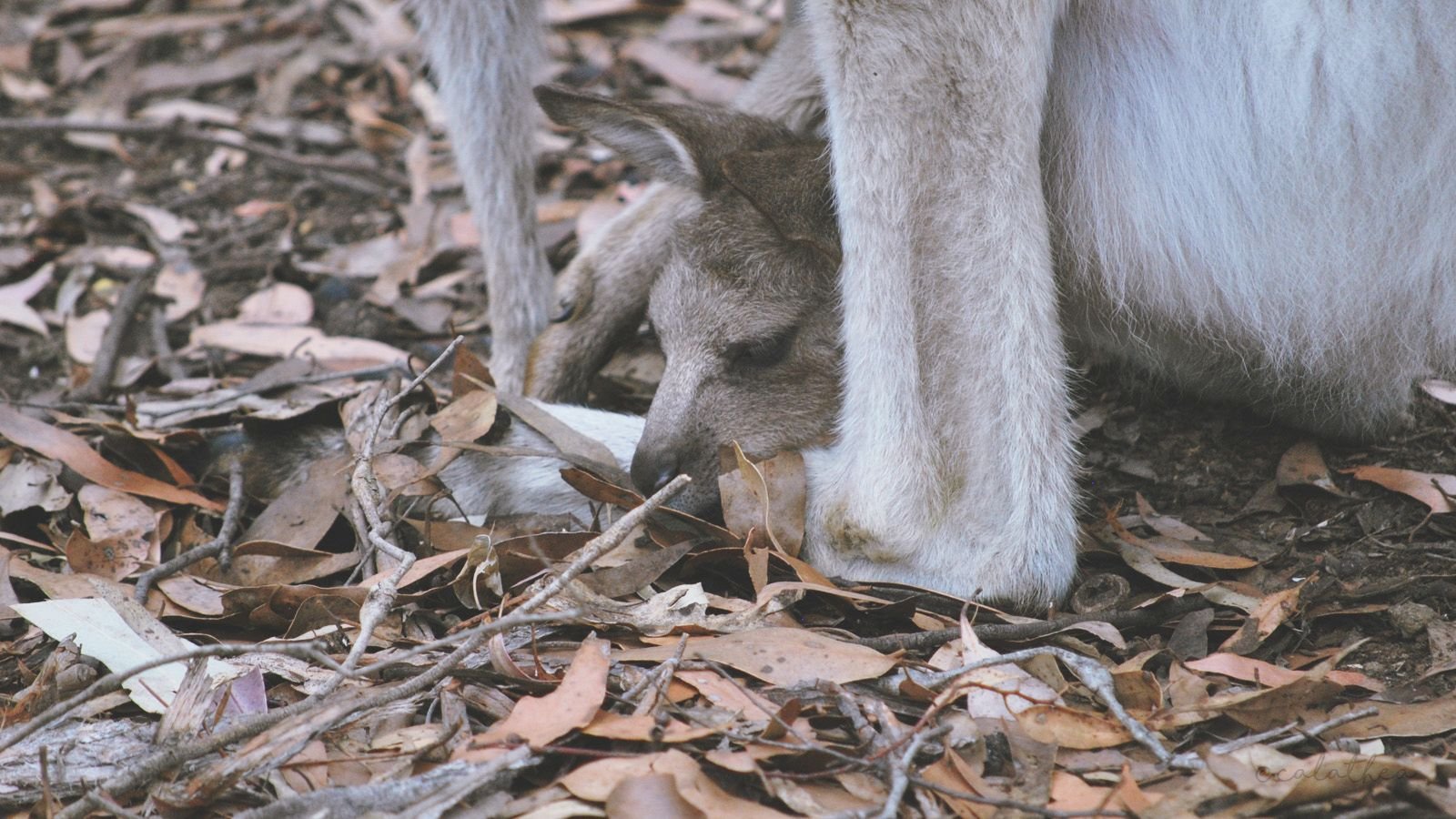
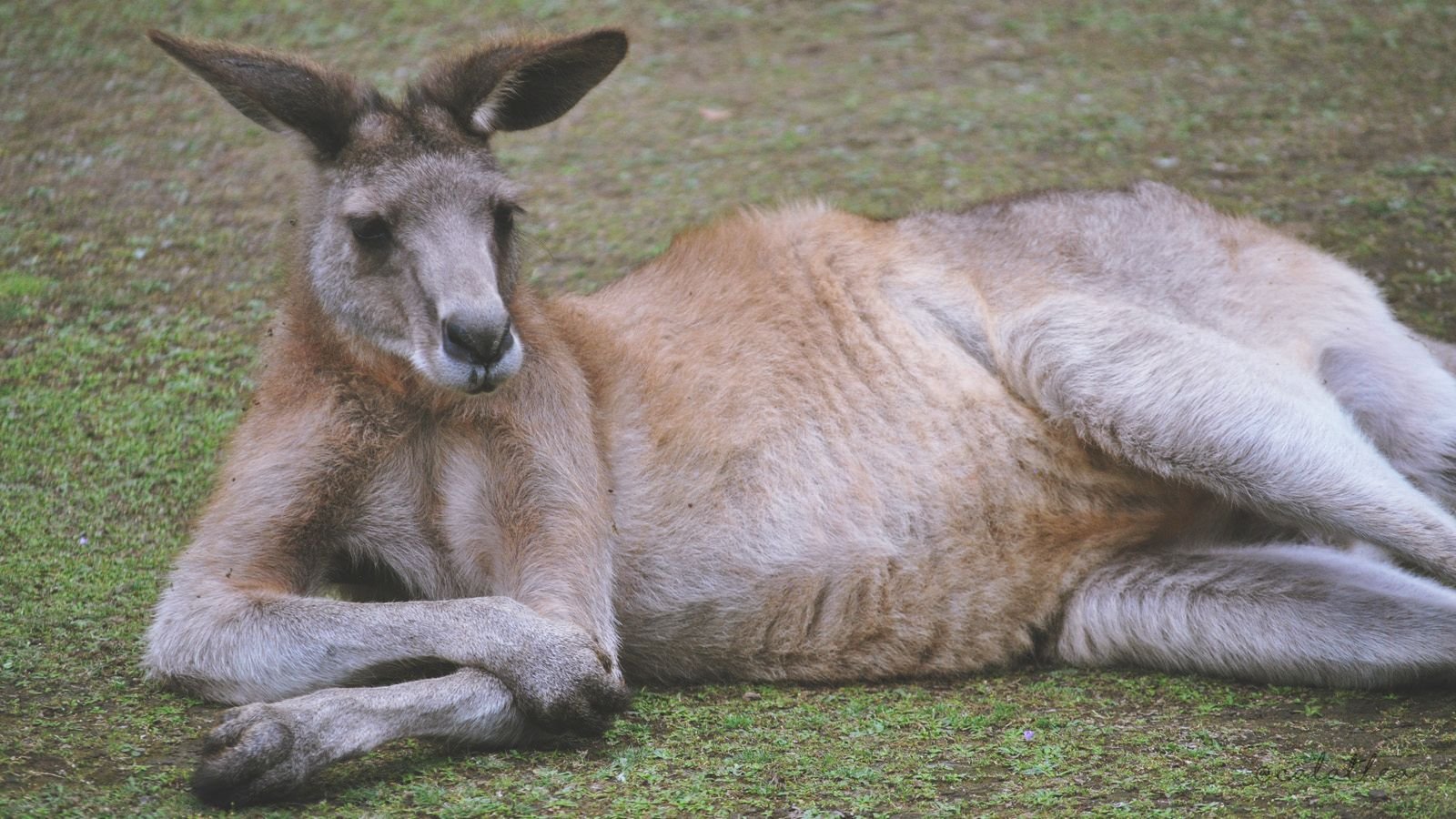
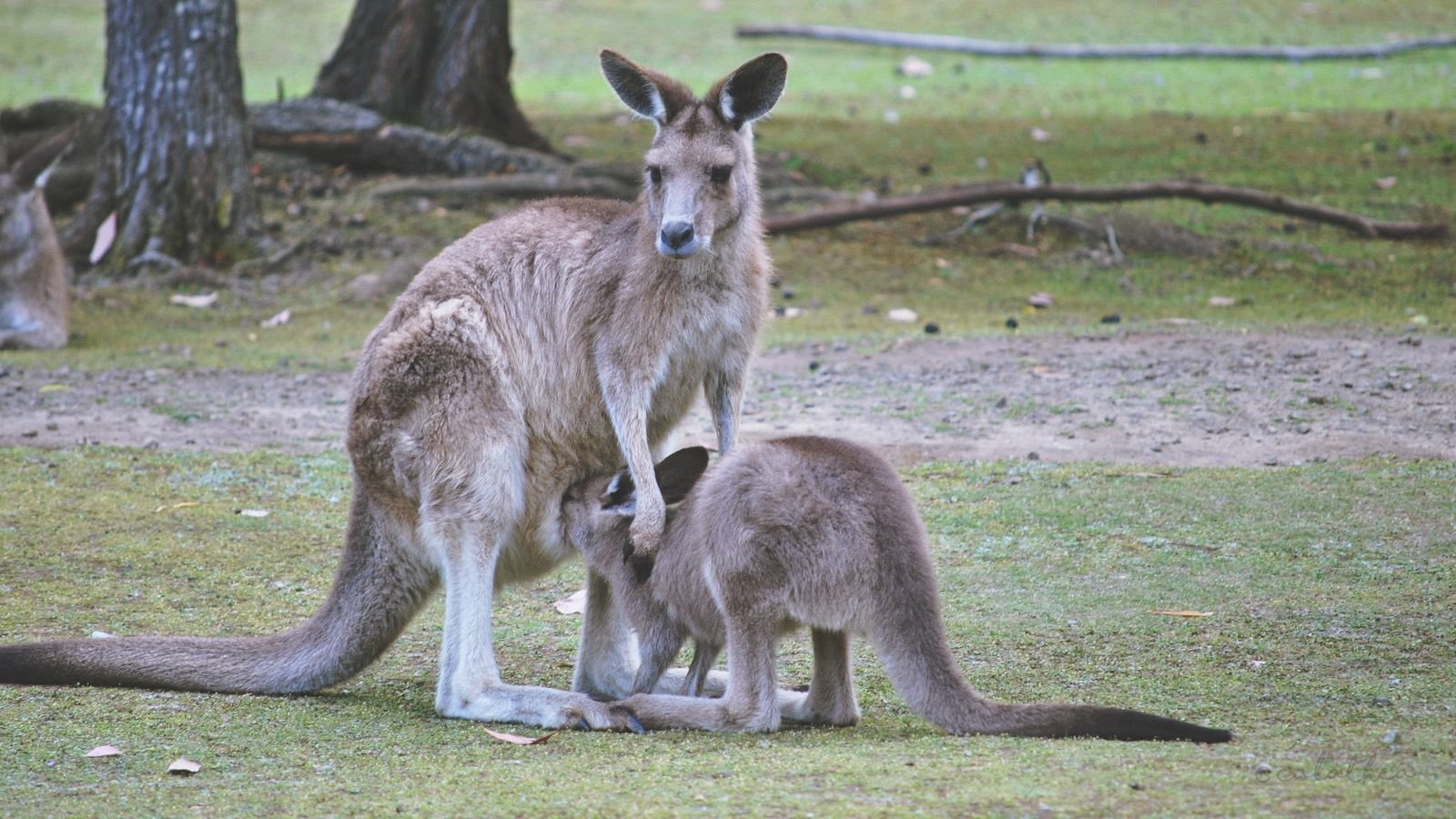
Pademelon
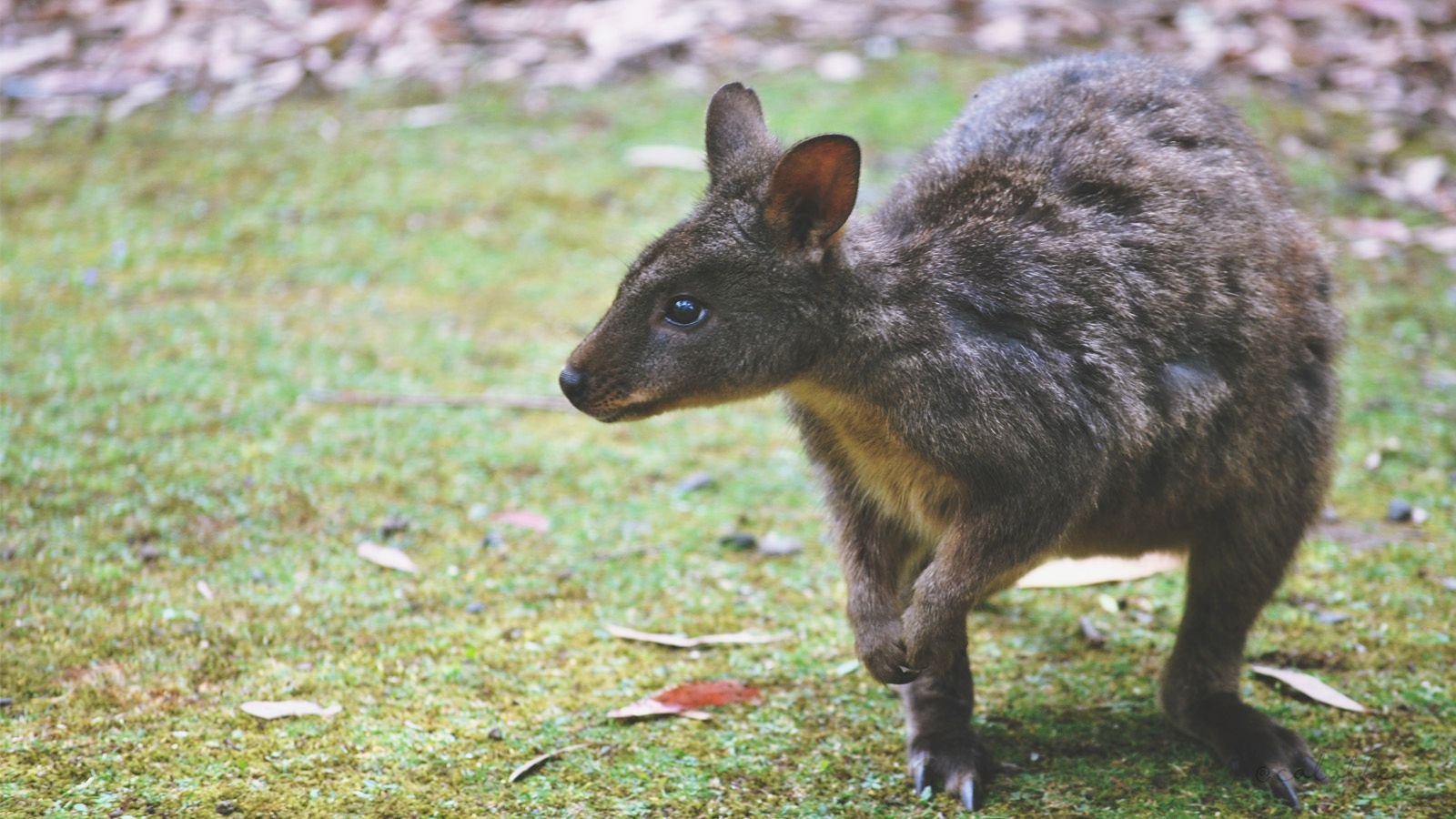
Quoll
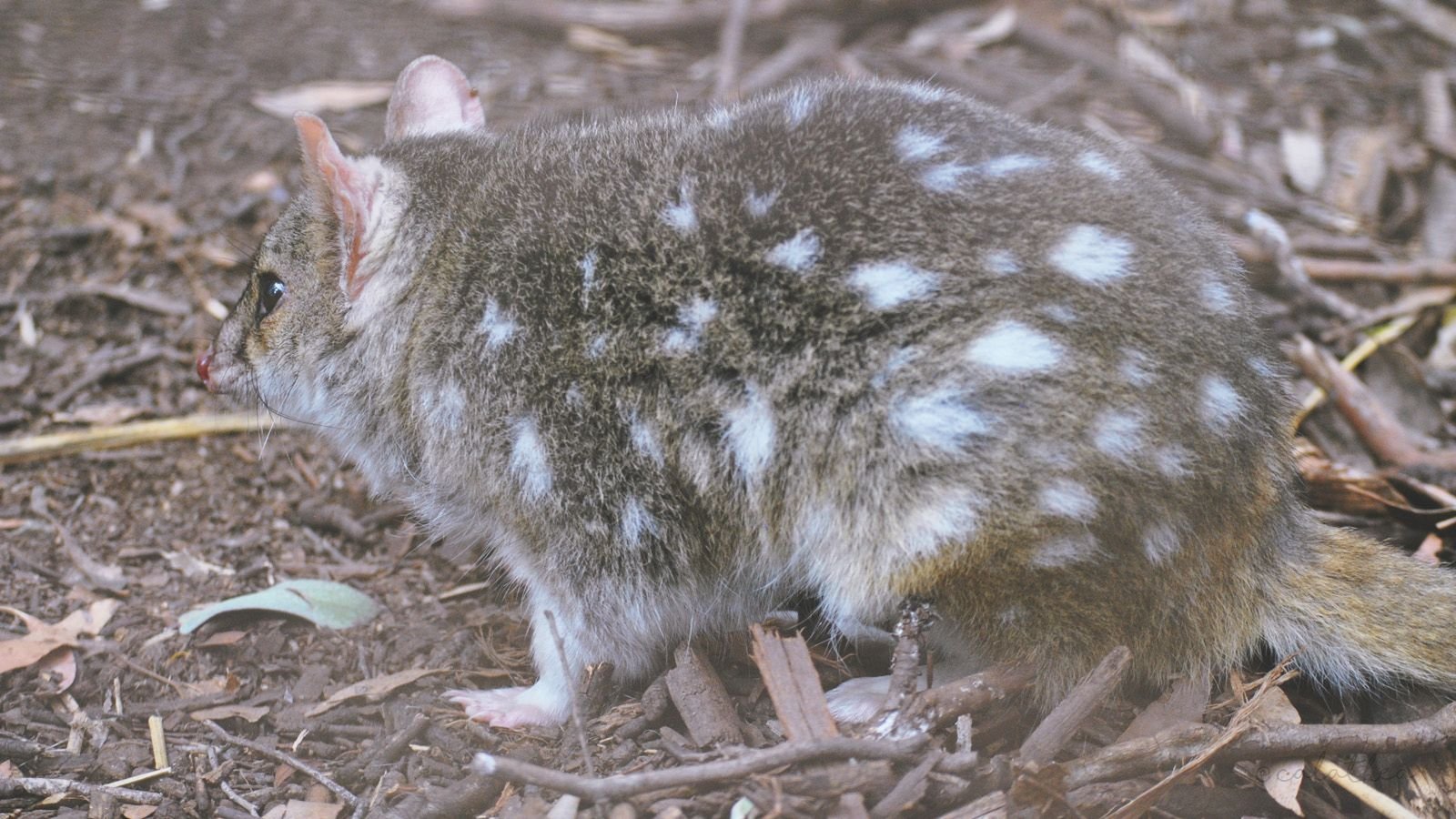
Birds
The Unzoo had plenty of Cape Baron Geese wandering freely. There were also sparrows, yellow rosellas,
Cape Baron Geese
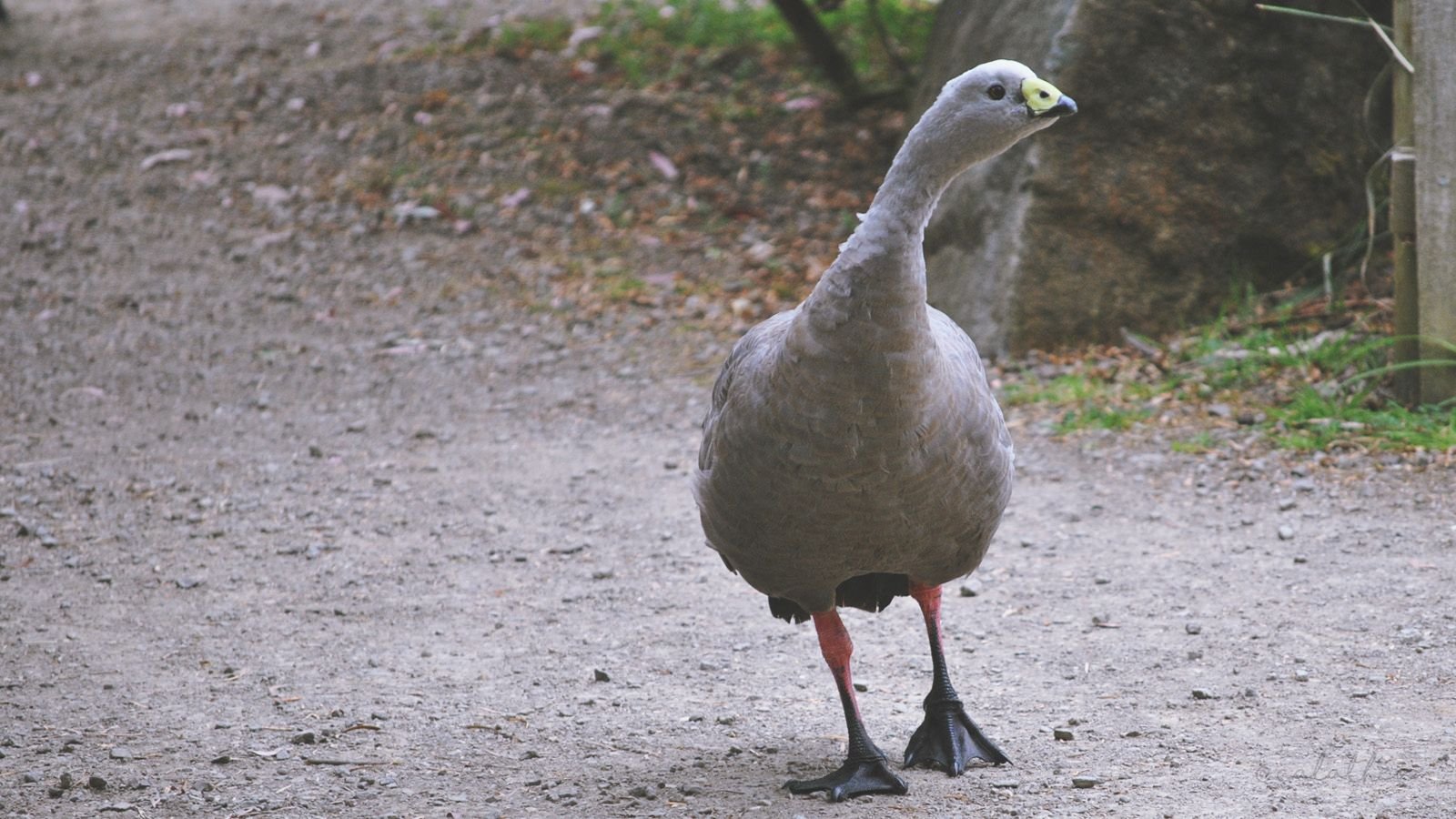
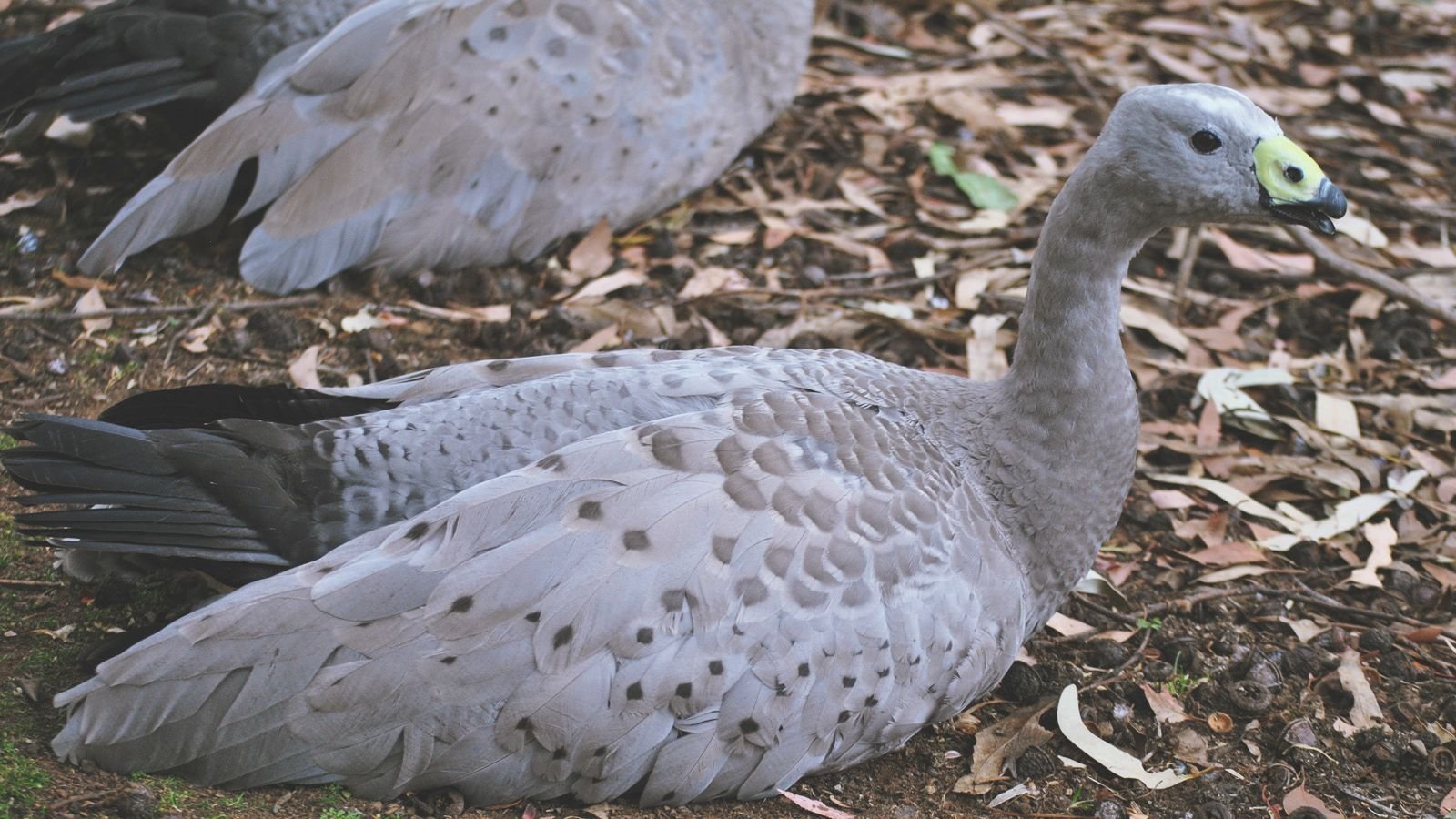
Sparrows
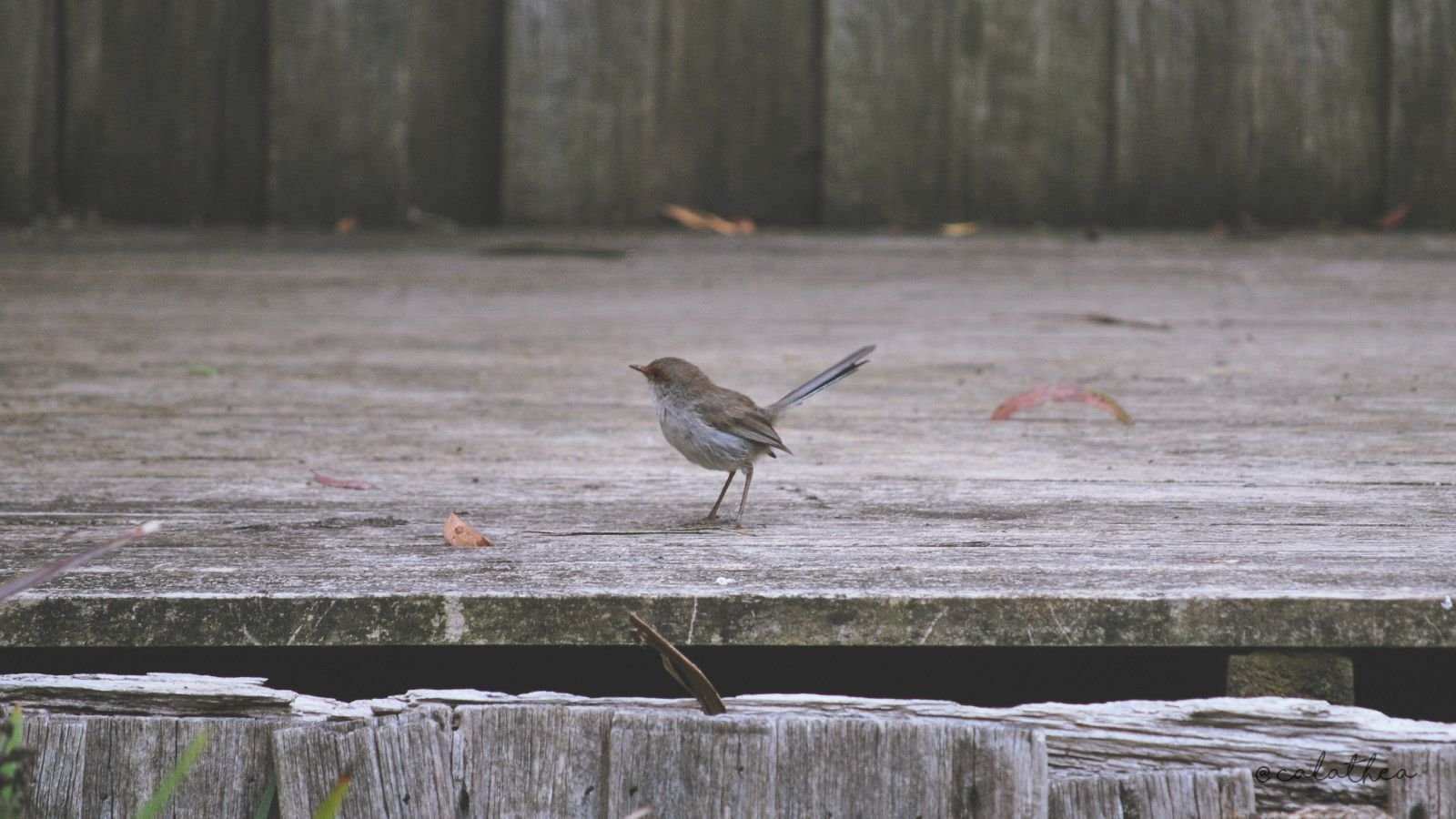
Yellow Rosella
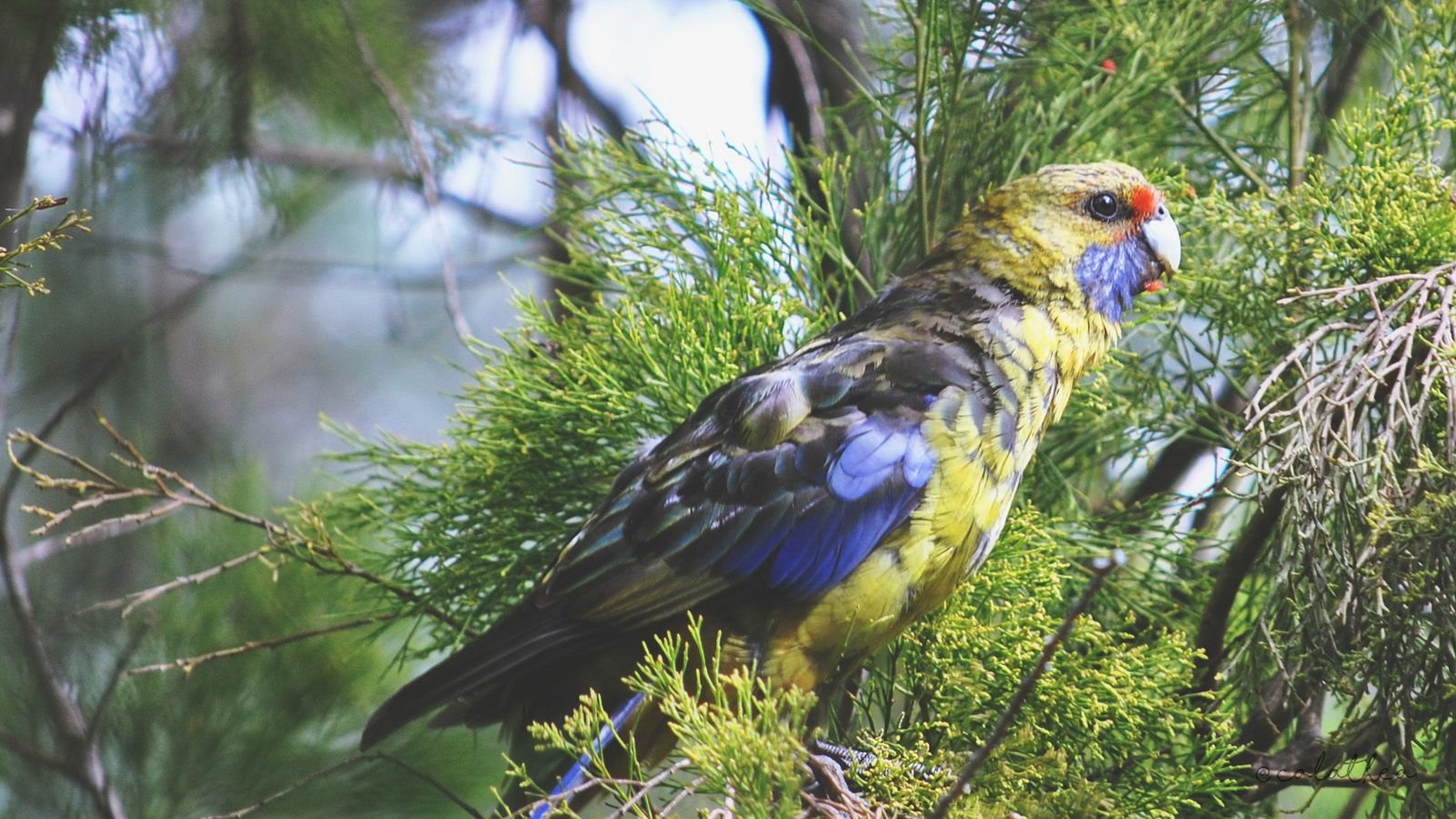
The Surrounds
The Unzoo was interesting beyond the animals, as the natural bushland scenery provided plenty to look at.
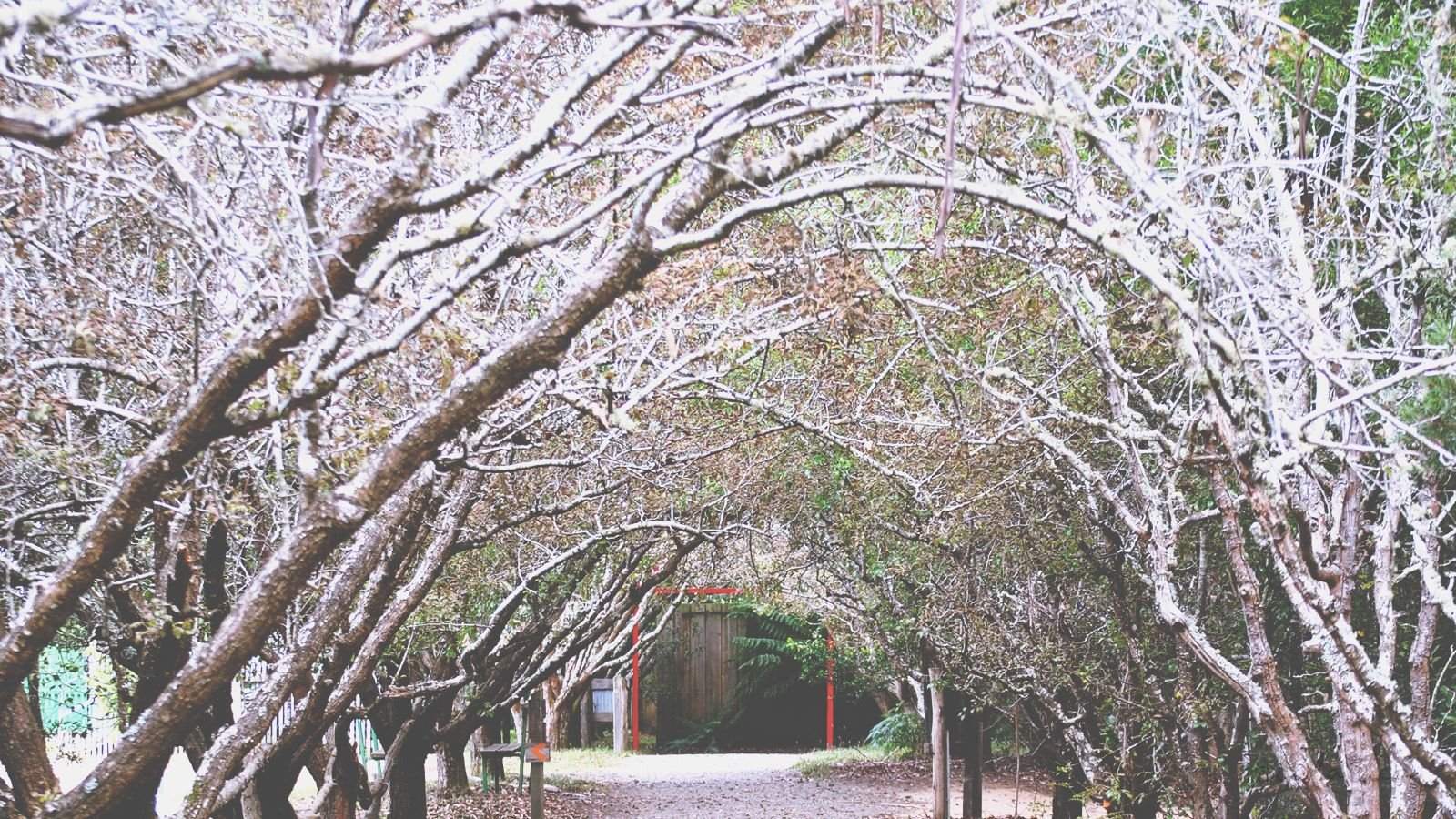
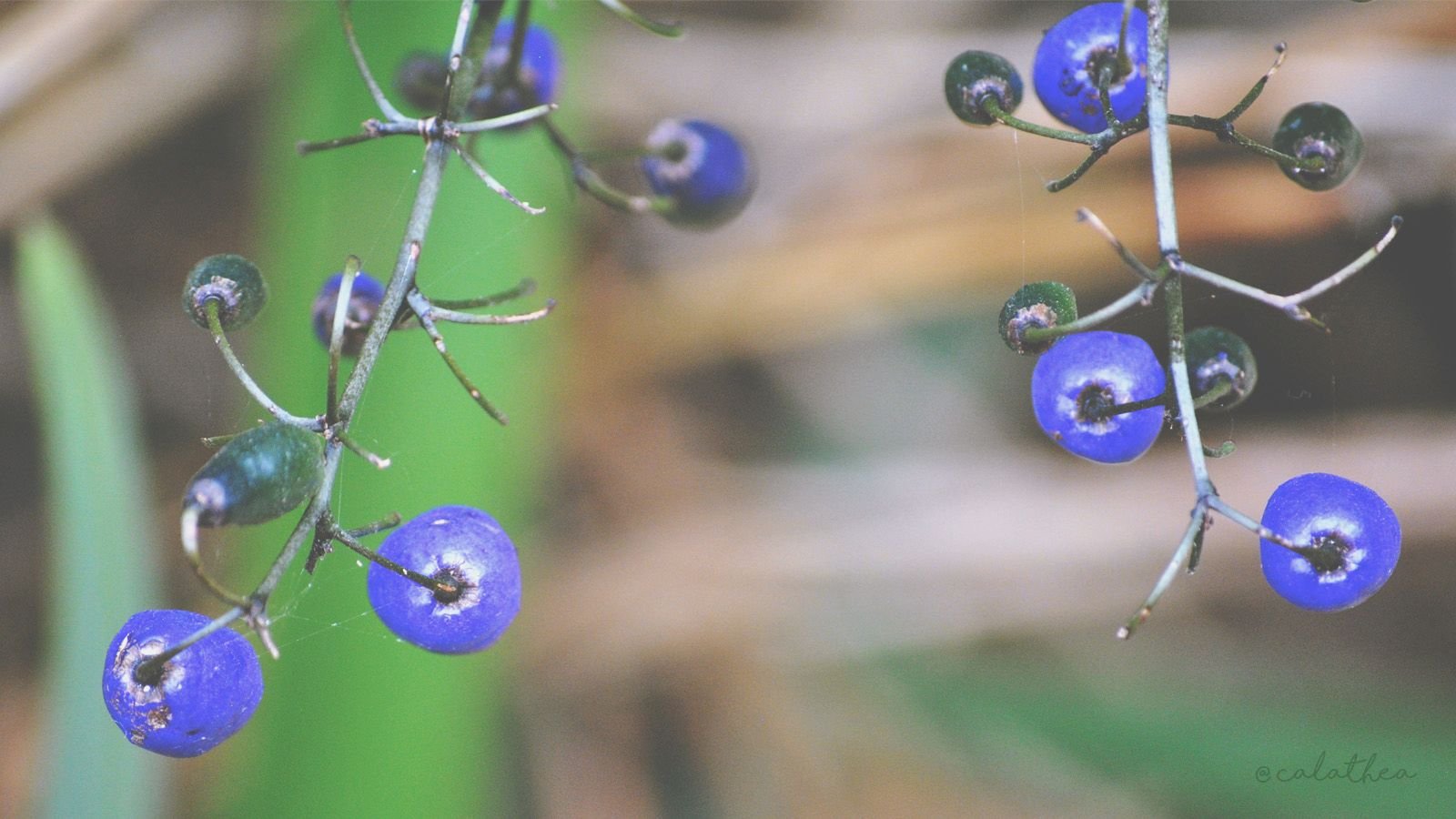
The End of the Day
We drove to our accommodation via a quick stop by the water -
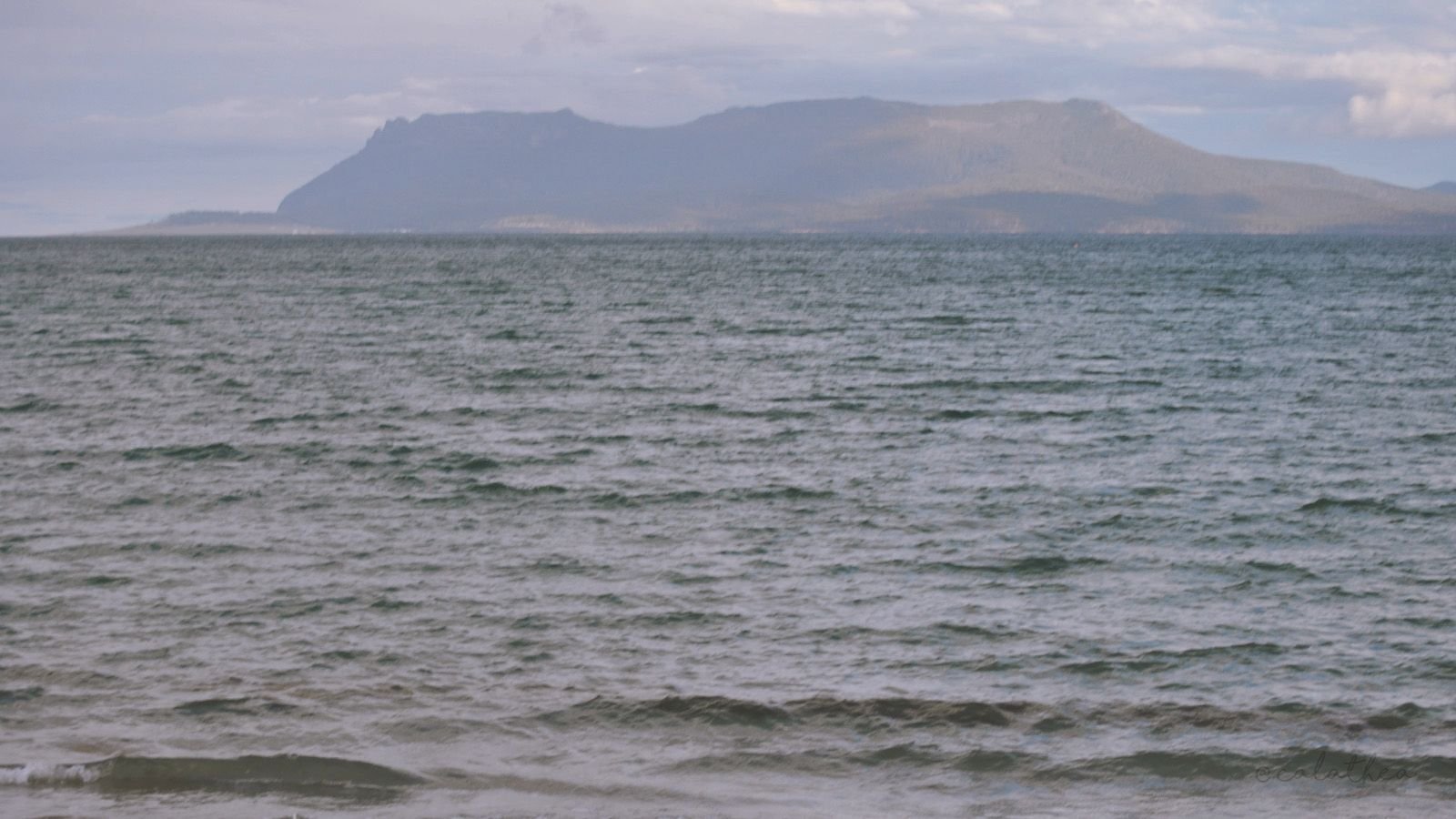
The sunset from where we were staying was quite lovely -
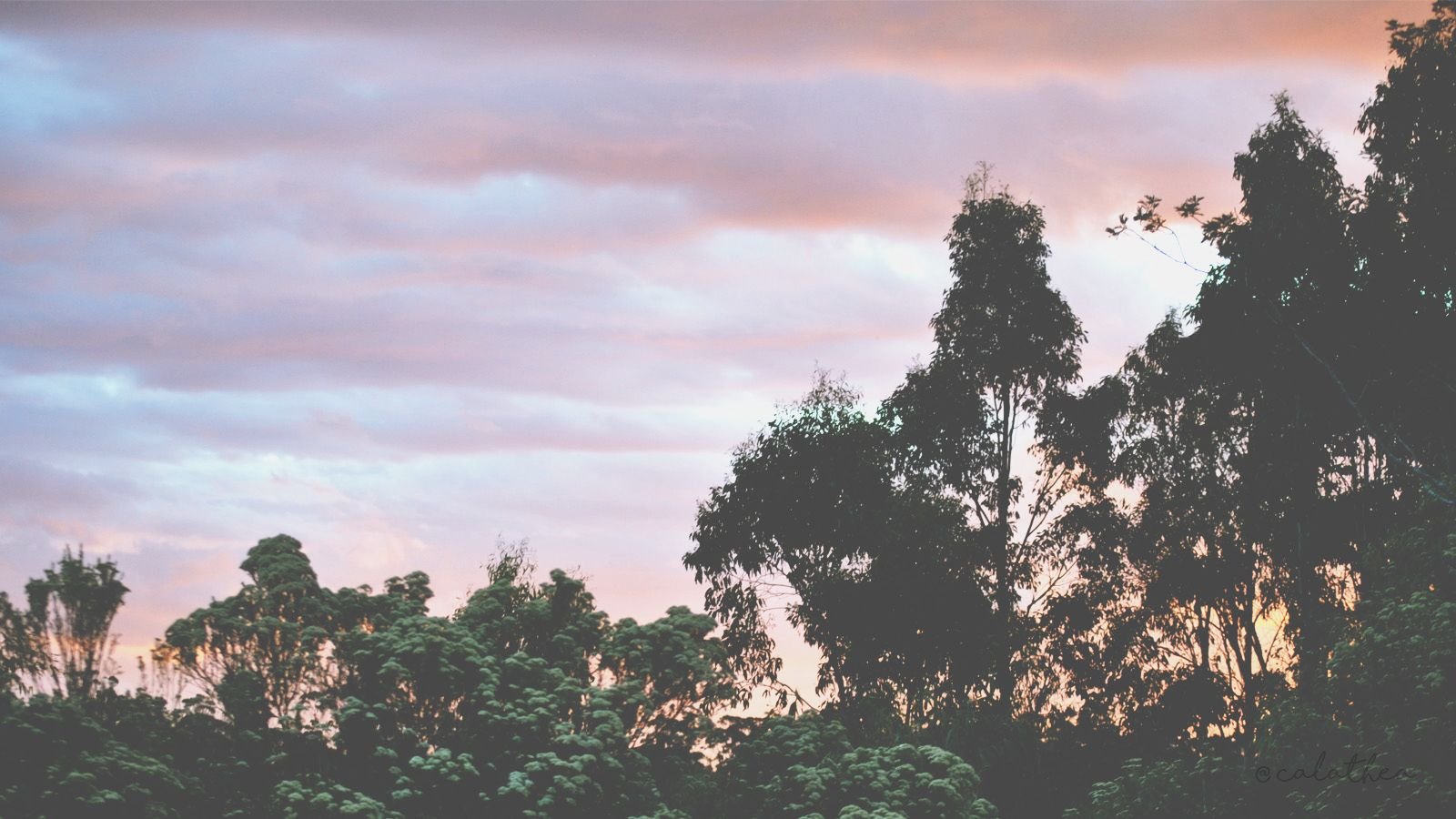
Tired out from a big day, I fell asleep in front of the fire.
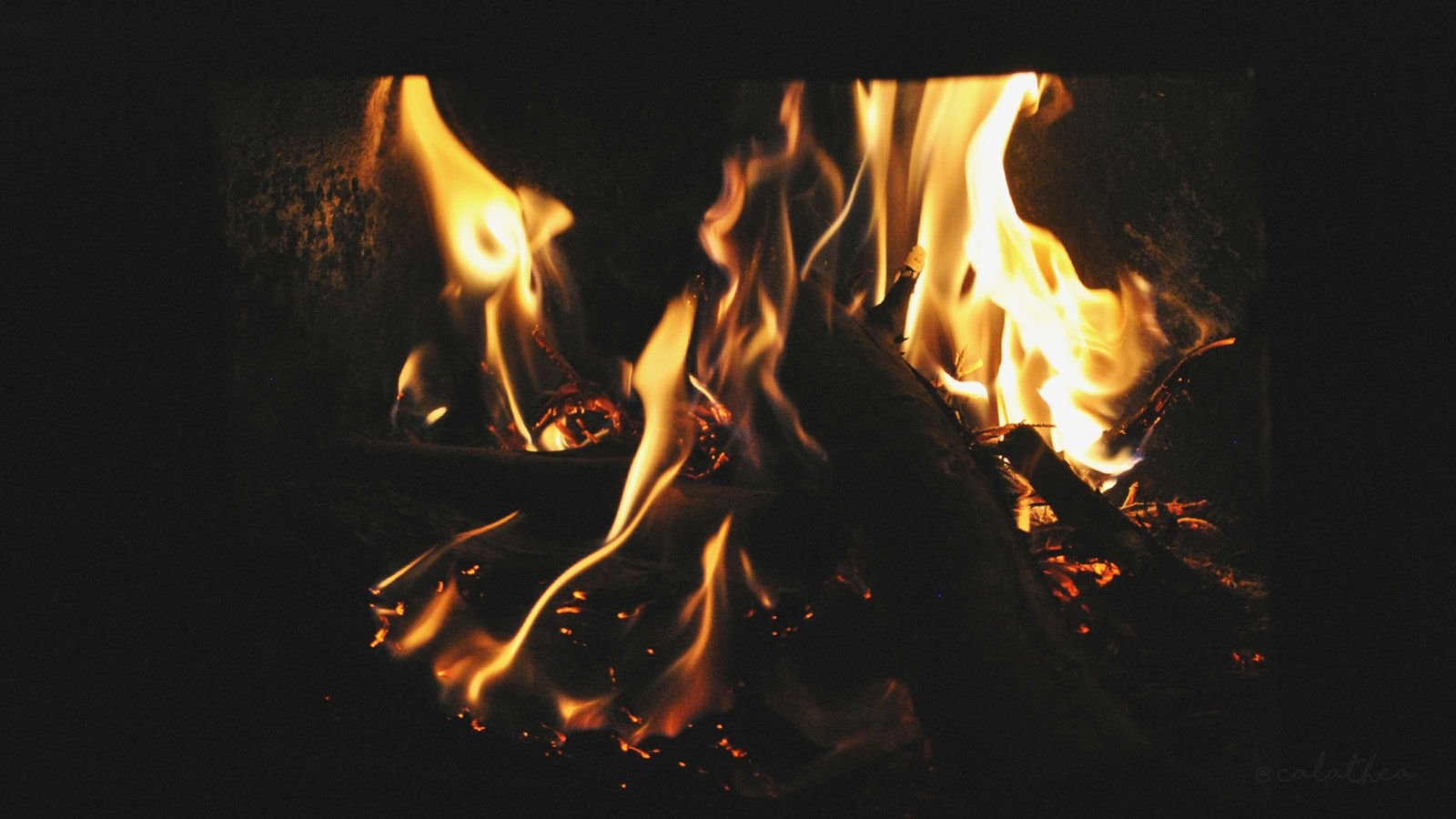
Click the below links to see our earlier days:
The drive from Launceston to Hobart
MONA, Salmon Ponds & Russell Falls
Tessellated Pavements, Tasman Arch & Devil's Kitchen
Stay tuned for Day 5, where we visit Wineglass Bay!
I'd love to read your comments, hear your thoughts or see your own photos, so please leave a comment below.
calathea | Steemit Blog
Photos, thoughts and ideas
from the garden of calathea.

